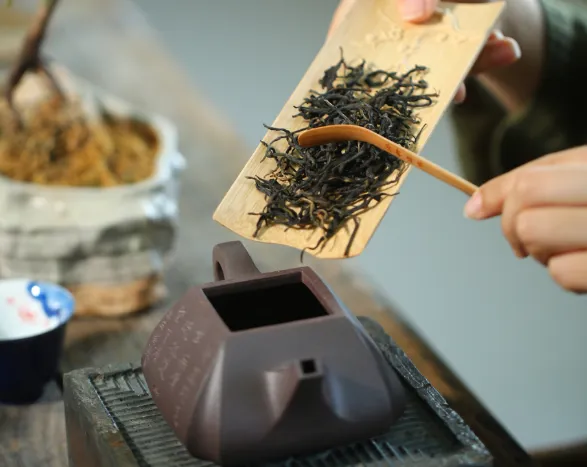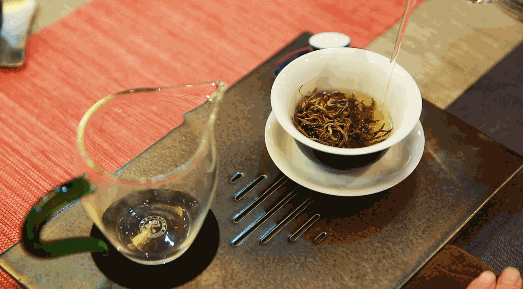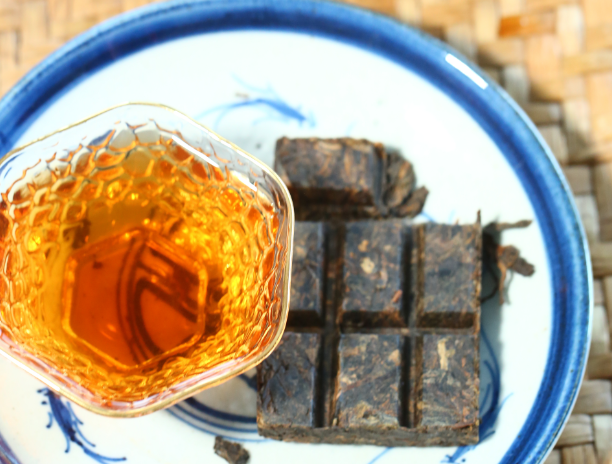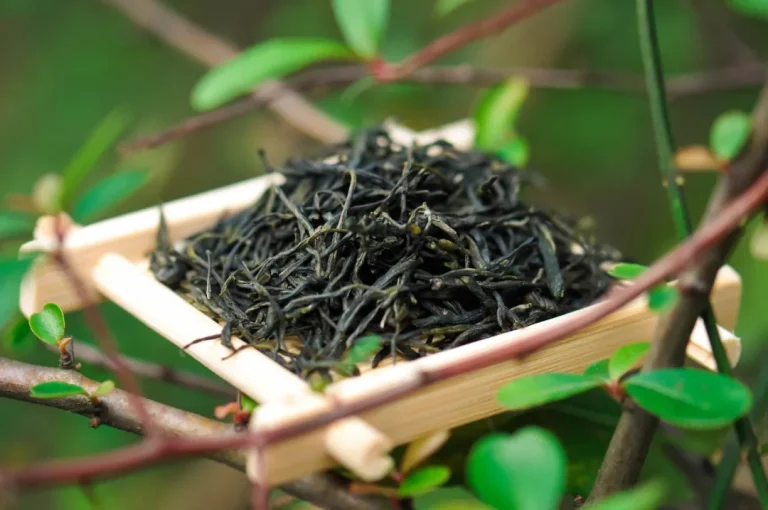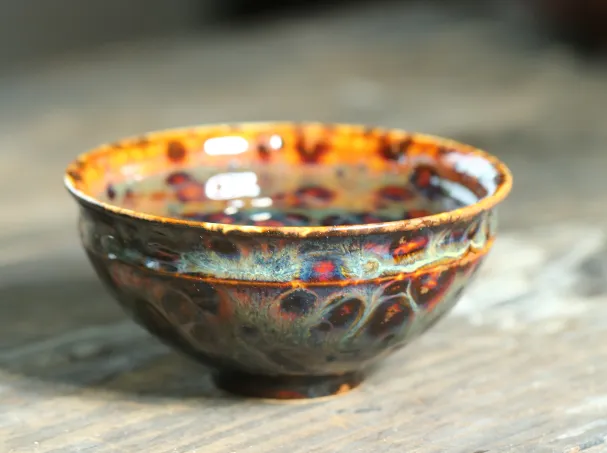Drinking tea is more than just a daily habit—it’s a healthy lifestyle choice rooted in culture, tradition, and science. Especially in China, where tea drinking has been practiced for centuries, it’s not only a symbol of hospitality but also a natural remedy that can rival many health supplements and even some medicines.
In this article, we’ll explore the health benefits of different types of tea—black, green, white, oolong, and flower teas—and how each one contributes uniquely to overall wellness.
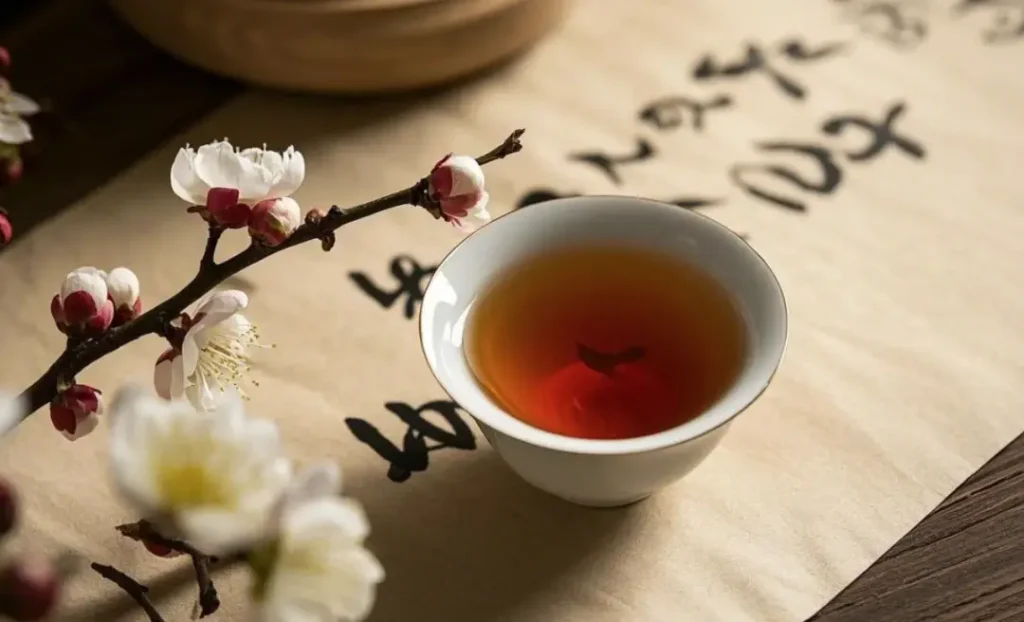
Why You Should Make Tea a Daily Habit
Modern research continues to support what ancient wisdom has long suggested: regular tea consumption offers numerous health benefits. From improving heart health to aiding digestion, boosting immunity, and even supporting weight loss, tea is a powerful natural supplement with minimal side effects when consumed properly.
Let’s dive into the major types of tea and their specific health advantages.
- Black Tea – Rich in Antioxidants and Stomach-Friendly
Popular Varieties:
Yunnan Pu’er Tea
Hunan Anhua Black Tea
Guangxi Liu Bao Tea
Hubei Green Brick Tea
Sichuan Border Tea
Black tea is fully fermented, which makes it gentle on the stomach compared to green tea. It contains theaflavins, powerful antioxidants known for reducing inflammation, lowering cholesterol, and helping prevent chronic diseases like heart disease and obesity.
It’s especially recommended for middle-aged and elderly individuals or those with sensitive stomachs, as it helps nourish Yang energy and supports digestion without irritating the gut lining.
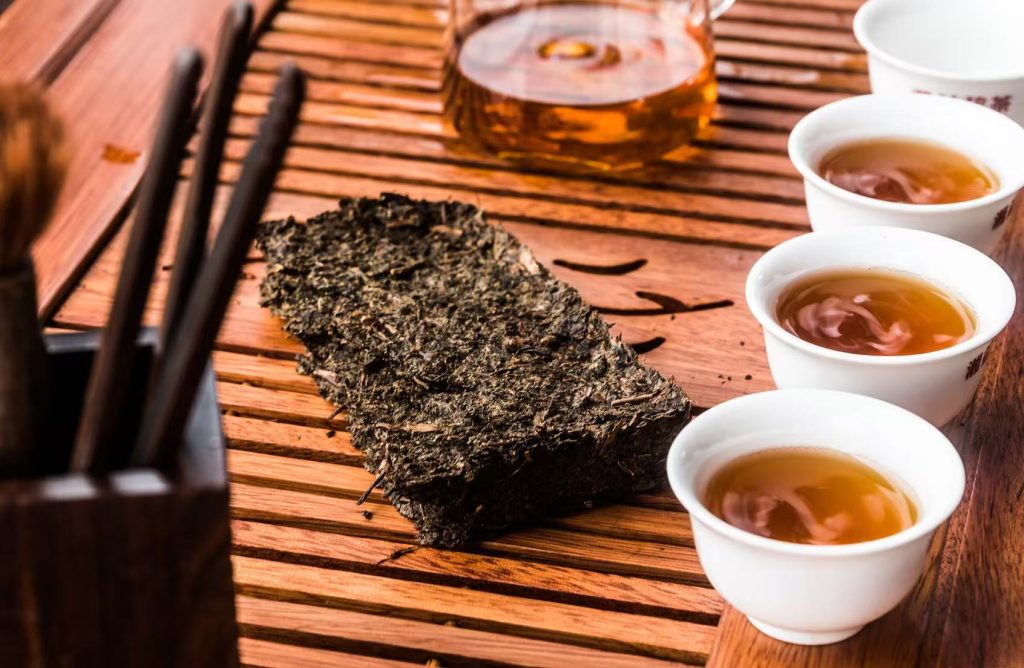
- Green Tea – Nature’s Antioxidant Powerhouse
Popular Varieties:
West Lake Longjing (Dragon Well)
Huangshan Maofeng
Dongting Biluochun
Taiping Houkui
Green tea is unfermented and packed with catechins, particularly EGCG (epigallocatechin gallate), which is widely studied for its ability to:
Improve cardiovascular health
Aid in weight management
Protect against radiation damage
Support brain function
It’s best suited for younger people or those who don’t suffer from cold sensitivity, as green tea has a cooling effect on the body.
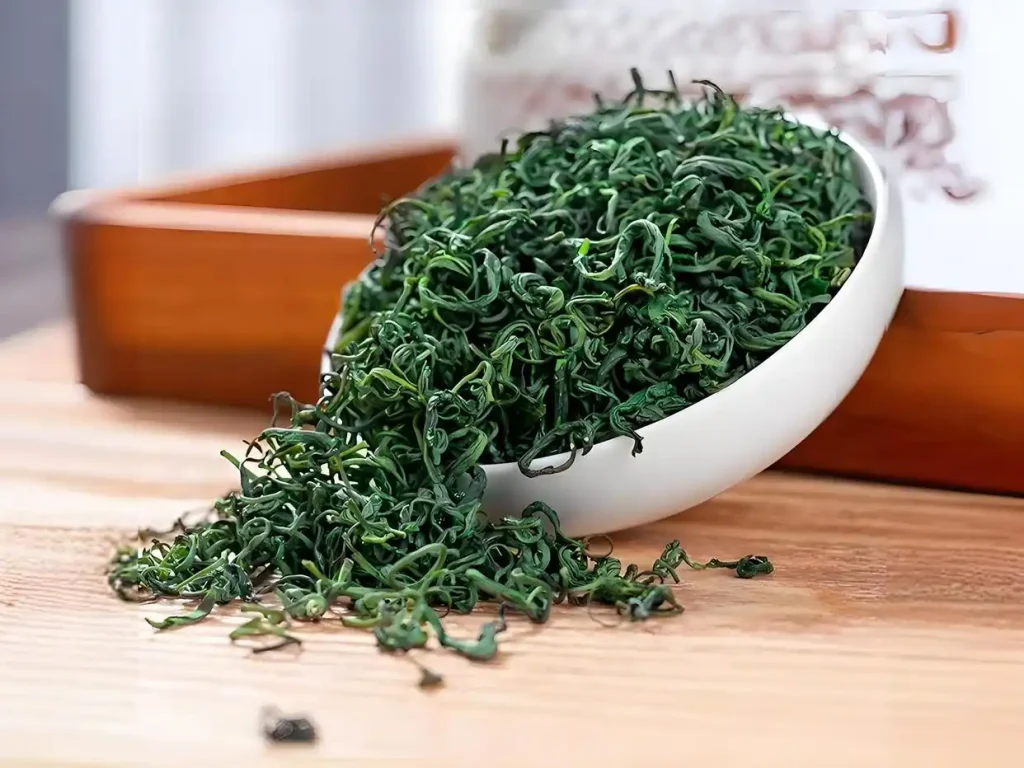
- White Tea – Gentle, Sweet, and Ideal for Diabetics
Popular Varieties:
Bai Hao Yin Zhen (Silver Needle)
Bai Mudan (White Peony)
Shou Mei
Gong Mei
White tea undergoes minimal processing, preserving high levels of tea polyphenols and polysaccharides, making it especially beneficial for blood sugar regulation. This makes it a great option for people managing diabetes.
White tea also has anti-inflammatory, anti-aging, and anti-radiation properties. In Europe and the U.S., white tea extracts are commonly used in skincare products due to their protective effects against UV damage.
Aged Silver Needle white tea is traditionally used in Chinese medicine to help reduce fever in children, sometimes even more effectively than over-the-counter medications.
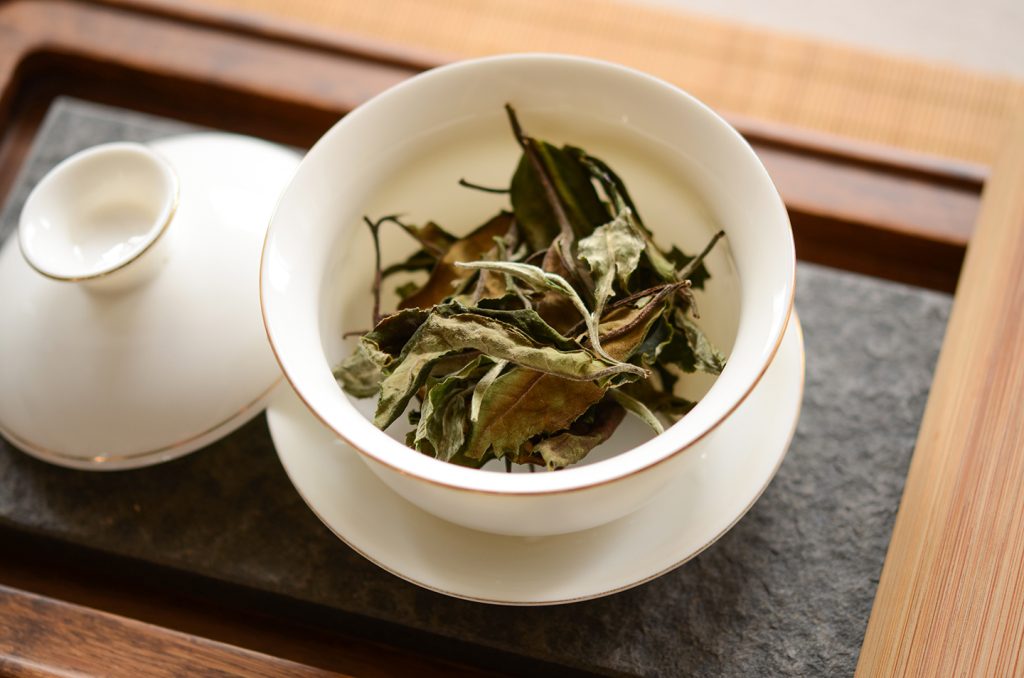
- Oolong Tea – Perfect for Autumn and Weight Management
Popular Varieties:
Tieguanyin (Iron Goddess of Mercy)
Dongding Oolong
Wuyi Rock Tea
Phoenix Dancong
Oolong tea falls between green and black tea in terms of oxidation level. It’s slightly fermented and has a balanced nature—neither too hot nor too cold—making it ideal for autumn consumption to relieve dryness.
Oolong is especially effective for fat metabolism and weight control. It also contains unique compounds that support liver detoxification, reduce inflammation, and promote skin health.
Some studies suggest oolong tea may be more effective at aiding weight loss than other tea types, thanks to its active enzymes and metabolic-boosting properties.
- Flower Teas – Natural Remedies in a Cup
Flower teas combine dried flowers with traditional tea leaves or are brewed on their own. Each flower brings unique medicinal properties and flavors.
Common Flower Teas and Their Benefits:
🌹 Rose Tea
Promotes blood circulation
Helps relieve menstrual pain
Soothes emotional stress and anxiety
Good for women with irregular periods or mood swings
🌼 Chrysanthemum Tea
Clears heat and soothes sore throat
Eases eye strain and redness
Helps with insomnia and headaches
Great for people who spend long hours in front of screens
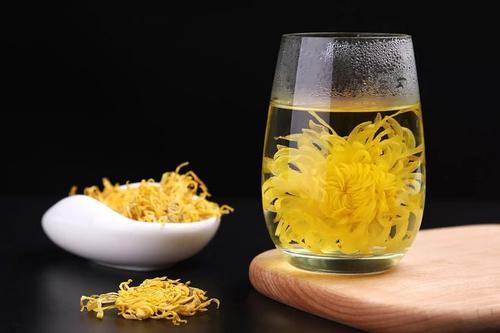
🌺 Safflower Tea
Improves blood flow and reduces clotting risk
Helps regulate hormones
Beneficial for postpartum recovery and skin health
🌿 Ginseng Flower Tea
Reduces internal heat
Lowers blood pressure
Soothes mouth sores and dry throat
Supports mental clarity and relaxation
💐 Jasmine Tea
Calms nerves and improves mood
Aids digestion
Has mild antibacterial properties
Known for its beautiful fragrance and calming effect
🌷 Lily Flower Tea
Moisturizes lungs and relieves cough
Promotes better sleep
Helps reduce anxiety and irritability
Beneficial for skin hydration and glow
🍀 Golden Lotus Flower Tea
Clears toxins and reduces inflammation
Helps with acne and skin breakouts
Refreshes the mind and aids digestion
Useful during seasonal changes for immune support
Final Thoughts: Tea Is More Than Just a Drink
Whether you’re sipping a warm cup of black tea in the morning or enjoying jasmine tea in the evening, incorporating tea into your daily routine is one of the simplest yet most effective ways to boost your health naturally.
Each type of tea serves a unique purpose—whether it’s supporting digestion, promoting relaxation, or enhancing immunity. And unlike synthetic supplements, tea offers a holistic approach to wellness without harmful side effects.
So next time you reach for a drink, think about choosing tea—not just for taste, but for your long-term health.
